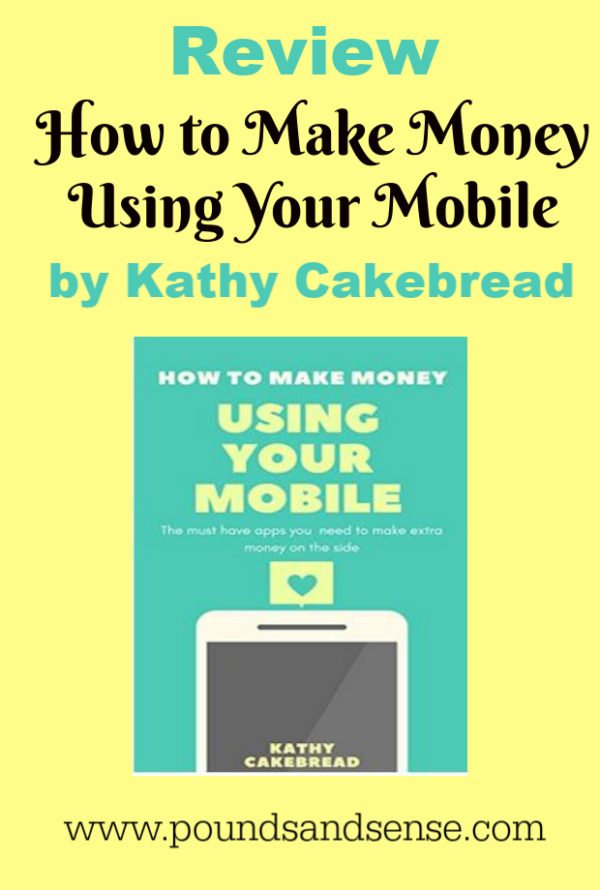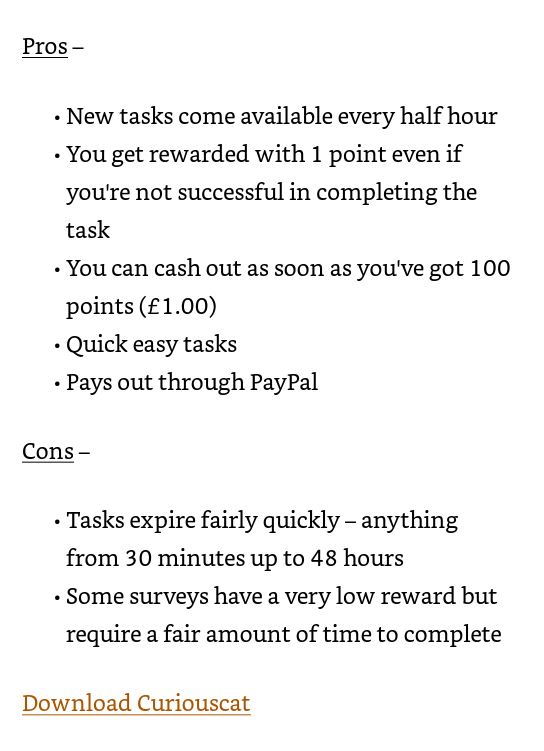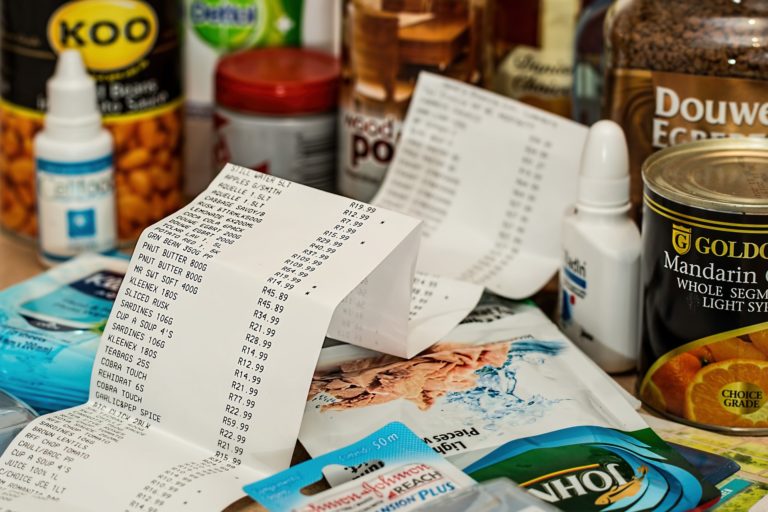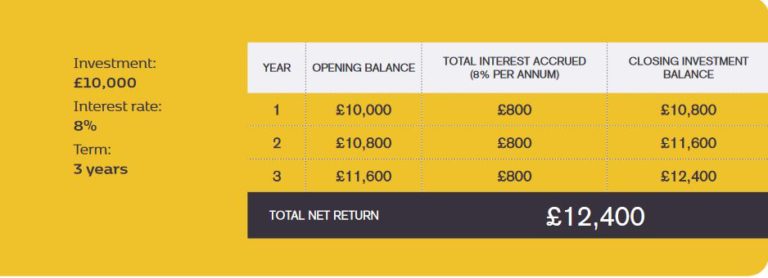Review: The Best 10 Low Cost Home Business Plans
Today I am reviewing an e-book (and bonuses) titled The Best 10 Low Cost Home Business Plans by my UK blogging colleague Gerri Spiers. Gerri was kind enough to send me a free review copy.
As the name suggests, this is a guide for anyone hoping to set up their own business, whether to escape a job they dislike or simply to provide a route out of unemployment. Many of these businesses could also be run part-time to provide a sideline income and/or to fit in with childcare or other caring responsibilities. They could also work for older people or people with disabilities who may not want (or be able to cope with) a full-time job.
The Best 10 Low Cost Home Business Plans is a downloadable 112-page ebook in the standard PDF format. It is professionally written and presented, with illustrations where appropriate. There are also clickable hyperlinks to relevant websites and resources (this is a particular benefit of the ebook format, of course).
It wouldn’t be fair to Gerri to reveal exactly what all the businesses are. However, what I can say is that they are generally the type of business I see many ordinary people in my area running today, and they address a large target audience that clearly needs such services. These are not, for the most part, online businesses, but real-world local services for which there is a proven demand. They are definitely not get-rich-quick schemes. You will need to be prepared to roll up your sleeves and put in some hard yards – but if you do this, the rewards should definitely come.
Although (as per the title) these can be run as home-based businesses, many will also involve going out and about to meet clients, provide services, negotiate with suppliers, and so forth. As the title indicates, none of these businesses would be expensive to set up.
For each plan, Gerri sets out what the business involves, whom it is best suited for, the skills and/or qualifications required, and how much you may be able to earn. She also sets out a range of useful resources, organisations to join, and so on. The resources are predominantly UK based – not surprisingly, as Gerri lives here – but many of the plans would work just as well in other parts of the world too.
Gerri also goes into some detail about how to market the business in question. The book is particularly strong on this, with sensible, practical suggestions that will raise awareness of your business and help attract more clients to it.
In the opening chapter the book sets out some general advice about setting up a business. This is concise but sensible, and links are provided to additional resources for further information. Finally, the book closes with a chapter of useful websites, and some inspirational final thoughts that will have you champing at the bit to get started 🙂
One small criticism is that, while there is a table of contents at the front of the ebook, it is not hyperlinked to the chapters in question. For ease of reference and navigation this would have been helpful.
Bonuses
In addition to the main ebook, buyers get two bonus items.
The first of these is a 92-page PDF ebook titled 50 Tried and Tested Hacks to Help Grow Your Online Business (see picture below).

I was slightly surprised that the title of this ebook refers to online business, whereas the main guide is more about running a ‘real world’ business. It is, however an in-depth guide to promotional techniques that can be used to promote any type of business.
Each of the 50 ‘Hacks’ takes up one to three pages. In them Gerri sets out a particular marketing strategy or tactic followed by a single paragraph ‘takeaway’ which sums it up. For example, one suggested strategy is to offer a number of differently priced upsells. The takeaway for this is: ‘Offer a range of differently priced upsells to customers to increase the total of each sale. Upsells are complimentary or additional options on an offer a customer is already purchasing. Include at least one.’
I thought there were some great tips in this bonus guide, and some – such as using the word ‘only’ when quoting prices – that seemed to me rather stating the obvious. But then again, I am a 63-year-old semi-retired copywriter, so maybe what is obvious to me isn’t as obvious to someone who is just starting out!
One thing I did like about the bonus guide is that (unlike the main ebook) the table of contents at the front has active links.
The third and final bonus is a downloadable cashflow forecast spreadsheet, in Microsoft Excel format. Anyone who is planning on starting a new business should have one of these, as it will indicate the predicted flow of money in and out of the business, and highlight when and how any possible cashflow problems may occur. In addition, if you are applying for a loan from your bank or a grant (if you can find anyone offering these now!) you will need to provide one of these as part of your business plan.
Final Thoughts
Overall, I was very impressed with The Best 10 Low Cost Home Business Plans. If you are considering setting up a business from home and looking for some realistic ideas that won’t cost a fortune, there is no doubt you will find much to inspire you here. The plans are varied and don’t generally require any special skills or training. Whatever your background, whether you are male or female, old or young, you are bound to find one idea – and probably more – that could form the basis of a successful, money-making business for you.
The guide (and bonuses) should also represent a valuable resource once you have started your business, with lots of practical tips and techniques you can use to attract more clients for your business and grow your income.
For more information, click on any of the links in this review or click here to go to Gerri’s website.
As always, if you have any comments or questions about this post, please do leave them below.





 In some cases the download link takes you to the website for the app, but in others it takes you to to the Apple (iOS) App Store. It is a pity there aren’t also links to the Google Play Store for Android users (like myself). This means the book is probably best suited for iPhone users. Android users can benefit from it as well, but they may have to search for the relevant app themselves in the
In some cases the download link takes you to the website for the app, but in others it takes you to to the Apple (iOS) App Store. It is a pity there aren’t also links to the Google Play Store for Android users (like myself). This means the book is probably best suited for iPhone users. Android users can benefit from it as well, but they may have to search for the relevant app themselves in the 













